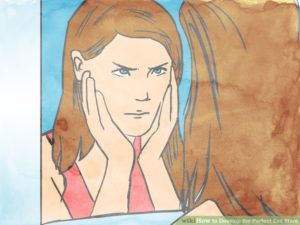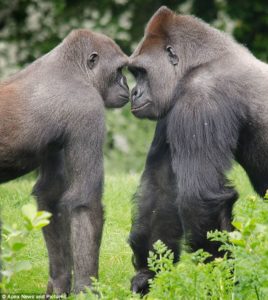White People, Be the First to Help
In a recently published incident, a Black professional man was subject to false accusations and the N word on a crowded commuter train. Here’s the full story.
The Black man found himself standing very close to a White woman on a commuter train. She began accusing him of touching her. She called him the N word. She insulted his intelligence. She became loud enough that the Black man was concerned that he would be arrested, even though he was not touching the woman and was trying to ignore her.
A White man was an active bystander and intervened. First verbally. Then verbally, again. When this failed to stop the aggressive White woman, the bystander physically changed places, so that he was in close proximity to the aggressive woman and the Black man had some buffer.
In retrospect, the Black man implores White people to intervene. Please! There were about 20 people who were in close range of this incident, but only one came to his aid.
Advice: Speak up. But, before you speak up, draw the attention of others around you to the unfolding hostile incident. This will make things safer for you and for the target of the verbal assault.
 What else could the bystander have done? Recruit allies to look up!
What else could the bystander have done? Recruit allies to look up!
When someone is being a bully and everyone around casts their eyes down, the bullying can go on, unchallenged.
But, if people look at the bully, some bullies will realize that other people in the room have power and are not intimidated by the verbal abuse. Some will feel outnumbered, which will sap his strength. Some have the self-awareness to be embarrassed. That may be enough to get the bully to run out of venom and settle down.
 It is natural to cast your eyes down when someone is exerting power. If you look up alone, you may draw the fire from the bully. “What are YOU looking at?”
It is natural to cast your eyes down when someone is exerting power. If you look up alone, you may draw the fire from the bully. “What are YOU looking at?”
But, if you can get even half the people in the vicinity to look, a change in the atmosphere can happen. Here’s a firsthand account from November 2016.
Ways to say “Look Up!” around aggression
- If you are a bold person, loudly say something like this, “Everyone, please look up! There’s a problem here.”
- If you are a quiet person, then turn to the person next to you and say, “Please look up. Would you keep an eye on this situation with me? It doesn’t seem right.” You could also add, “Pass it on!”
What kinds of things can you say to someone using hate language in a public place, once you have an audience:
- Do not use words like that near me/ in a public place/ near my children. (Fill in as it applies.)
- I don’t care if you weren’t speaking to me. Those words are not welcome in a near me/ in a public place/ near my children.
- You are being insulting, please stop. We are all just trying to have a peaceful ride to work.
If you are not bold, you can speak to people around you, and not to the aggressive person. Hopefully, a bolder person will speak out loud:
- Can you help me stop that argument/shouting/hostility? It’s upsetting me.
- I have a quiet voice. Would you say, “Please applaud if you want this person to shut up for me.”? I’ll applaud with you.
- Would you say, “How many people want that guy to shut up? Raise your hands. Let’s tell him!”?
Takeaways:
- It is hard to be the only person responding to a person in need. It is hard for a person in need to see only one person willing to help, among many.
- It is safer for everyone if several people actively observe public aggression as it is occurring. Sometimes just having attention draw to a person will cause them to be embarrassed and to calm them down.
- It is even safer if more than one person acts to confront someone who is being aggressive in a public space.
- In this incident, the active bystander intervened verbally, then separated the aggressive person from her target.